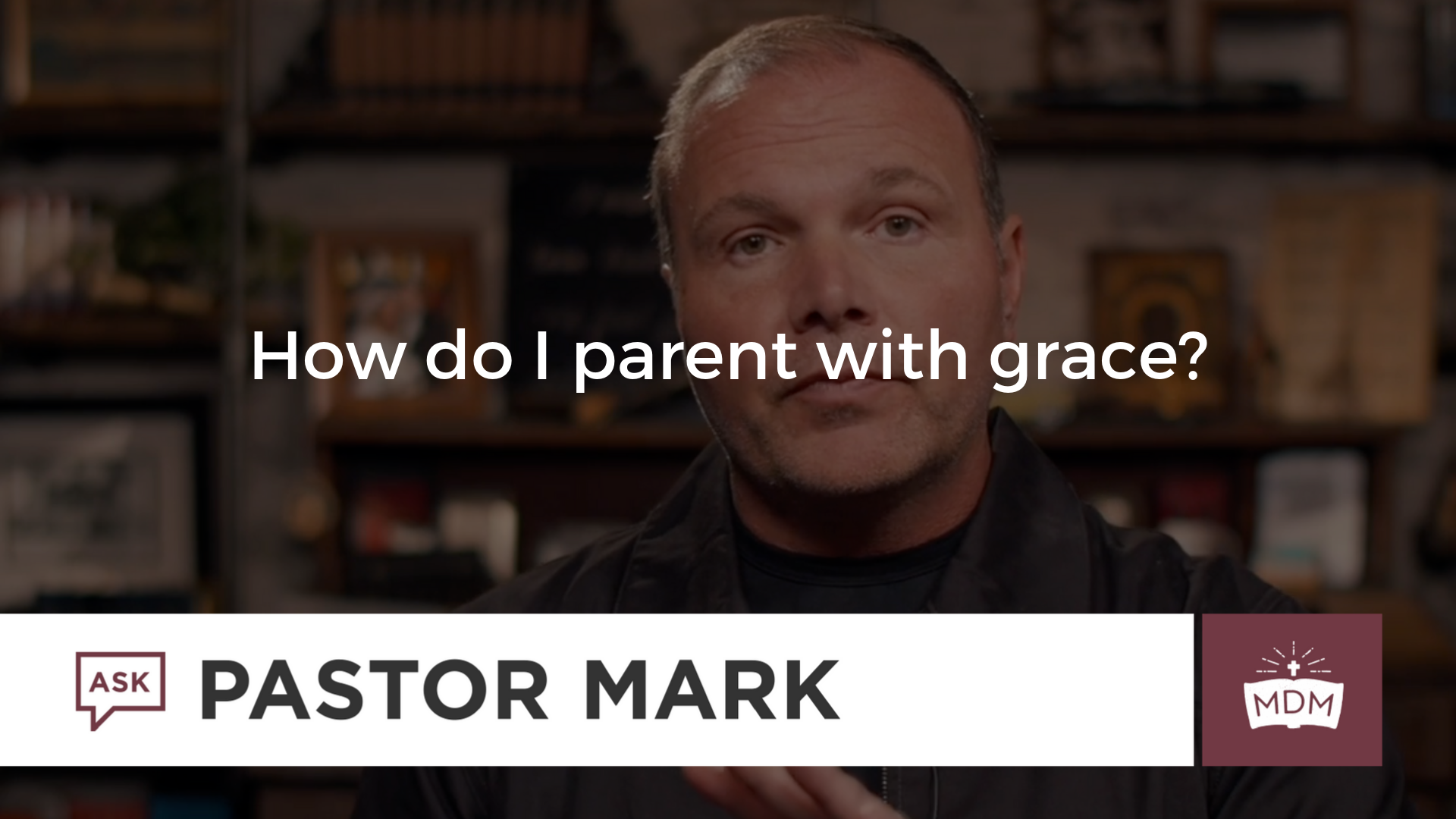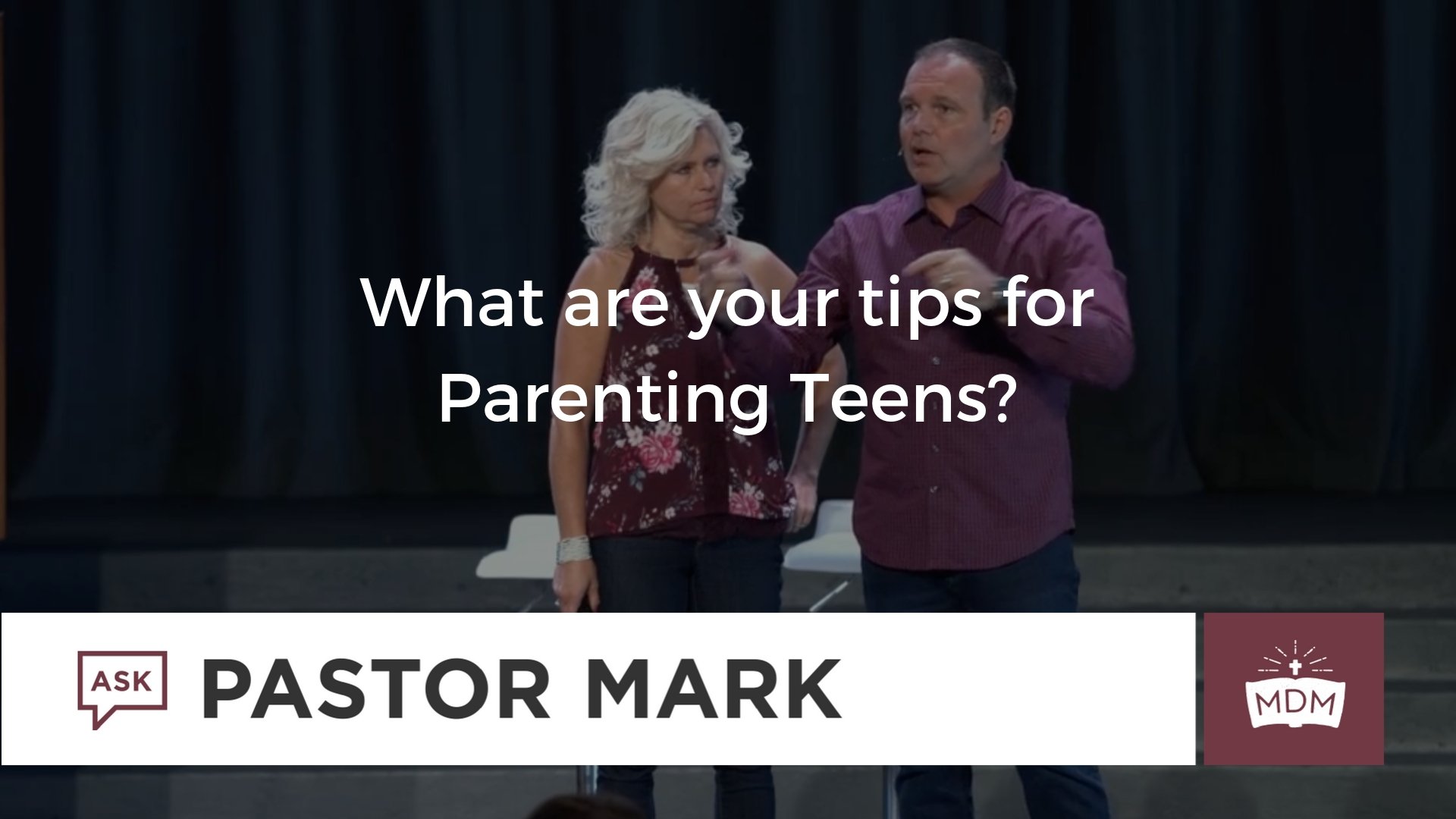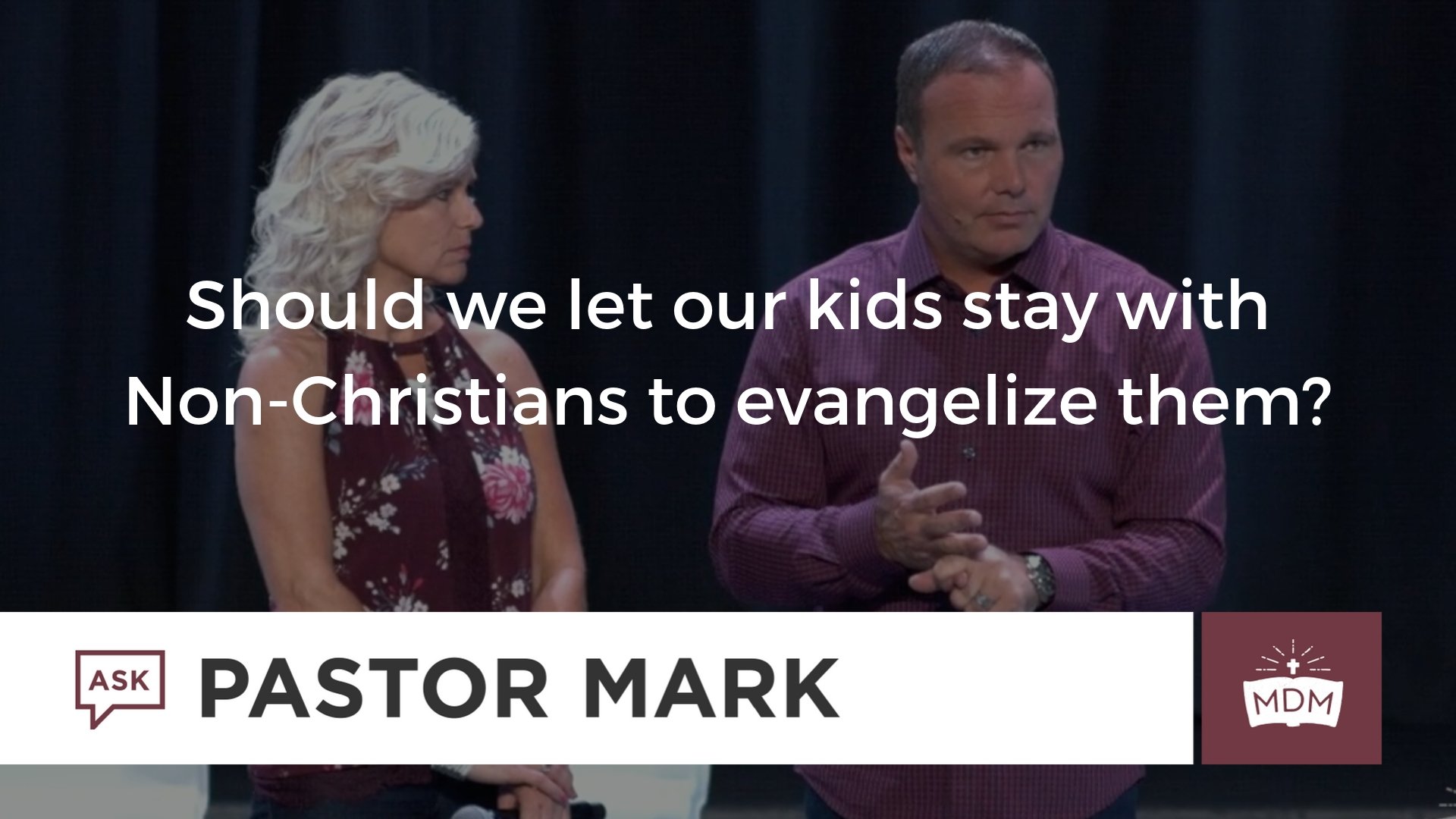John 14:6b “No one comes to the Father except through me [Jesus].”
We have a generation of sons with father wounds preaching a Son-centered theology with nary a reference to the Father, leading mono-generational churches as brothers rather than fathers, lacking spiritual moms and dads, attracting people who bring their own family wounds and who want the church to be family minus the presence of any kind of fatherly leadership.
Leaders with Father Wounds also love dead mentors–Calvin, Luther, Spurgeon, etc.–because they long for a father and family but don’t want a living spiritual father who can correct them. So, some pick dead guys as their dads and worship a view of God that is a lot like the dad who abandoned them–living far away (sovereign), non-relational, and sometimes mean but never to be crossed. Others overreact and decide to worship God as Mother.
Bringing healing to this issue might just be the key for an entire generation of Christians. Healing will only happen when sons and daughters can forgive failed fathers. Add to that an openhearted anticipation of the good things that can happen when we choose to become good sons and daughters rather than simply demanding that others be perfect parents, whether biological or spiritual. Healing also requires the participation of godly older leaders who understand the unique needs of this generation. Many weren’t parented, leaving gaps in their life learning. And the biggest thing they can give hurting younger men and women is relentlessly patient love. Yet—if elders force this approach on the next generation, more damage will inevitably ensue as the intervention is interpreted as abusive spiritual parenting. Younger brothers and sisters need space to invite spiritual fathering and mothering if and when they are ready to heal.
I believe the greater Church in the West is on the brink of a third turning. The boomer generation wanted to take the church from their parents and make it more practical and accessible. The X generation wanted to plant their own church to set up their own family due to their father wound and unwillingness to have older spiritual fathers in their midst. The Millennial generation is most concerned about marriage and parenting according to national research. They do not want to take the church away from older people or leave the church to form a church with younger people, but rather have an intergenerational church with younger people who they can mentor, and older people who can mentor them. This could lead to a strengthening of struggling churches and allow the Church of Jesus Christ to fill the needs left by divorce and broken homes where generations no longer do life together. I believe that this insight might be a crucial key for the next season of church life. If so I believe that more than ever older generations have an opportunity to be live giving sources for emerging leaders who have a hunger where my generation had a hurt.
As I’ve shared these observations with young leaders, reactions have been intense. The conversation often tears open old wounds. Some people become enraged and rail against dangerous fathers. Others weep from the raw pain of a father wound that has never healed. Some just sit in silence like I’d shot them in the soul. Whenever deep feelings erupt, I realize again the massive depth and breadth of this issue. The healing begins when we realize that Jesus’ ministry is to bring us to the Father. Jesus forgives our sins. The Father heals our wounds starting with wounds from earthly fathers.
Does anything in this devotional hit home for you? Why?
For some people, their view of the Heavenly Father is merely a projection of their earthly father. In sum, God is just a big version of their dad.
For other people, their view of the Heavenly Father is a rejection of their earthly father. If they did not like their dad, then God is the exact opposite of their dad. Here are six examples of what I am trying to explain:
Atheism – I have no Father.
Agnosticism – I may have a Father somewhere but I don’t know Him, have never met Him, and am not interested in starting a relationship.
Deism – I have a Father but he abandoned me a long time ago and is no longer involved in my life.
Reformed – I have a Father who can be cruel, domineering, and overbearing, but He’s definitely in charge.
Arminian – I have a Father who is permissive and lets me do pretty much whatever I want to do.
Liberal/Progressive – I have a very cool, tolerant, enabling Father who does not judge me but lets me do what I want and will smoke weed and drink beer with me.
The only hope is Jesus, since He gets us to the real Father who can heal our father wounds. This is what Jesus was getting at, saying in John 14:6b,“No one comes to the Father except through me.” The point and purpose of Jesus’ ministry is to get us into a relationship with God the Father that never ever ends.
How about you? How is your view of God the Father a projection or rejection of your earthly father?







